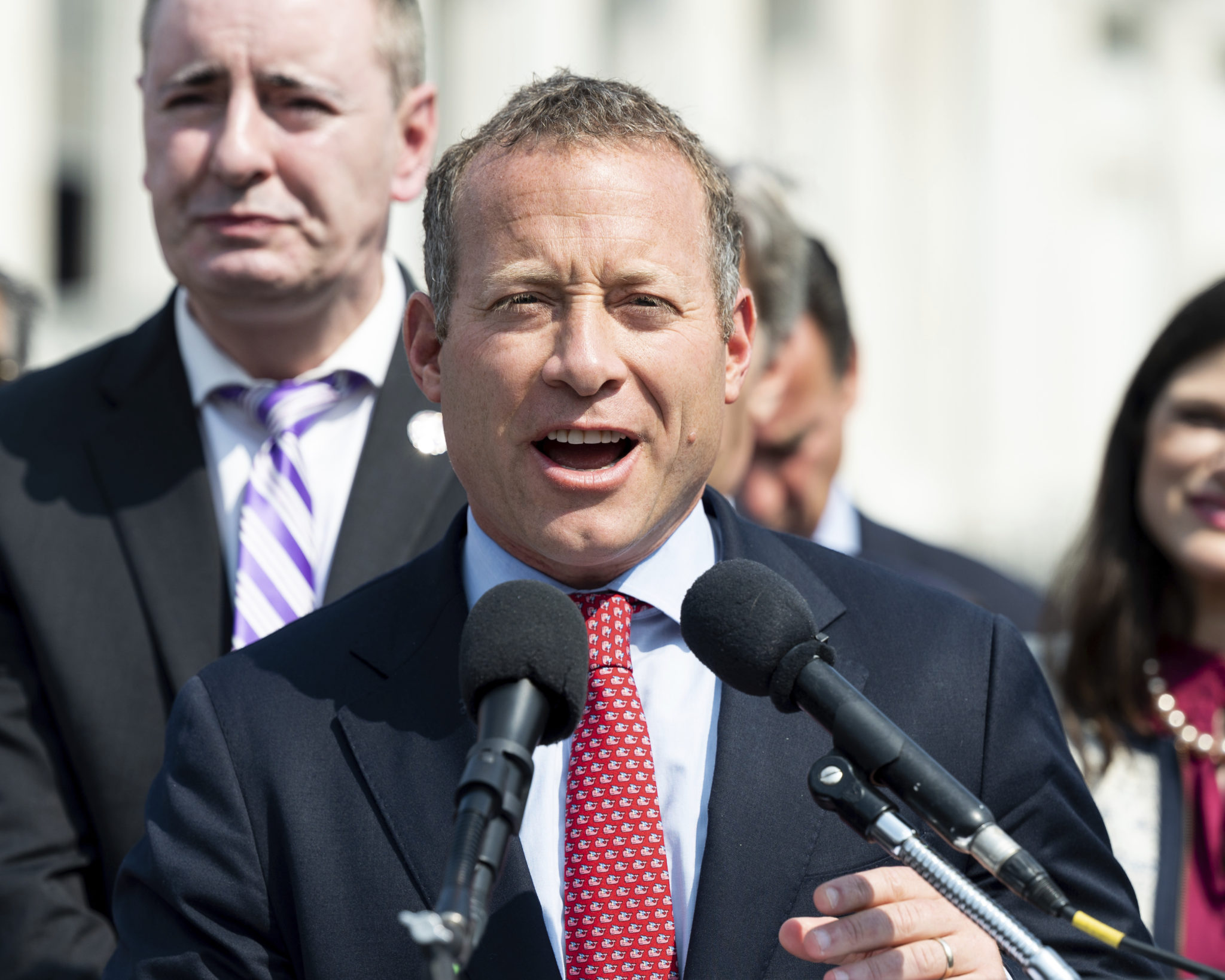Most of the Beltway narrative around Democratic intraparty infighting pits supposedly beleaguered moderates loyally supporting Democratic priorities and trying to hold onto frontline districts, versus disloyal progressives in safe seats making irresponsible demands that threaten the caucus majority. Per the most self-described savvy insiders, Squad-aligned politicians make noise that hurts the caucus, while the Problem-Solving New Dems do the hard work to carry legislation and protect unsafe seats.
This narrative is rarely if ever true: progressives in Congress usually stake out the more popular policy positions, do much of the nitty-gritty legislative work, do not scuttle important bills, and in any case have every right to represent their districts as faithfully as any other.
But nowhere does this tired narrative crash more heavily against the shoals of reality than now, when a collection of 9 House “moderates” are threatening to scuttle the entire Biden agenda—including any hopes Democrats might have of maintaining the majorities in the face of a likely difficult 2022 midterm election.
The sweeping and ambitious infrastructure bill is predicated on a delicate dance between four factions: 1) Senate centrists like Manchin and Sinema who insist on a bipartisan approach; 2) Senate Republicans whose demands matter only because of the aforementioned first faction; 3) the majority of House Democrats who strongly feel they feel they need to deliver for their constituents both on substantive and electoral grounds; and 4) House “moderates” who fear repercussions from both Republicans and their biggest donors. In order to keep the jig going, Democrats have settled on a simultaneous two-track approach: a more modest bipartisan bill through normal procedures, coupled with a much more ambitious party-line bill passed via reconciliation containing more Democratic-aligned priorities. House Speaker Nancy Pelosi has insisted on passing both together in order to keep the entirety of the Democratic caucus onboard and to prevent backsliding by either faction.
However, nine House “moderates” are upsetting the balance by insisting on a vote on the just-passed bipartisan bill long before the reconciliation bill arrives–with the likely outcome that progressive priorities would get sliced away or eliminated entirely as moderates would no longer have an incentive to back the reconciliation bill. As Greg Sargent notes, this use of destructive leverage would amount to derailing the Biden agenda entirely–which is why most of even the stingiest moderates are not jumping on board the effort:
Second, note that only nine centrist Democrats signed the threat. The names of many, many other Democrats in the Problem Solvers Caucus are not on the letter.
What’s more, even some moderates think this misguided strategy could scuttle the whole process.
“The important thing to me is to get both bills passed and to the president,” Rep. Tom Malinowski, a moderate Democrat from New Jersey, told me. “I fear that forcing a vote now would undermine, not advance, that goal.”
This is correct. The only way to make this work is to make both factions happy at the end of the day.
But it’s even worse. It would be one thing if the irresponsible moderates were genuinely concerned about voter backlash from unpopular elements of the potential reconciliation bill. But that’s not what’s happening. Instead, their focus appears to be carving out unpopular tax concessions for their wealthy donors. Jonathan Chait explains:
Josh Gottheimer, one letter signer, has been crusading for a restoration of the state and local tax deduction, a benefit for some of his affluent constituents. Jim Costa, another signer, wants to protect the heirs to massive fortunes from any taxation on their windfall.
These demands, notably, are not designed to protect the Democratic Party from the left’s unpopular baggage. Most of the broader debate has focused on the toxic brand damage of slogans like defunding the police and Green New Deal, but the moderate Democrats are, in this case, threatening to tank a highly popular agenda of taxing the very rich in order to give broad middle-class benefits. The moderate Democrats are the biggest obstacle to making the math work, simultaneously complaining about the size of the bill while ordering more expensive goodies for themselves.
A special mention should also go out to letter signer Henry Cuellar, who is a famously obnoxious thorn in the side of Democratic priorities on behalf of special interests—in a district that does not require it.
It’s important to note that the tax increases on the rich must be included in the final bill for it to pass muster under the pay-go rules required of reconciliation bills. The more that comes out of the tax side, the less can be done on the spending side. Of course, both the programs on the table in the bill and the taxes on the wealthy are massively popular–including among swing voters in purple states and districts.
Furthermore, House Speaker Nancy Pelosi and Senate Majority Leader Chuck Schumer have both made it abundantly clear that they both favor the legislative approach in the reconciliation bill, and that they support the simultaneous passage of both bills as a matter of process.
The pushback against this bad-faith effort to hold the entire party hostage should be just as swift and severe as if members of the Squad were bucking Pelosi and Schumer, and threatening to torch both President Biden and the party’s chances of success in the midterms, to please some cadre of leftist interest group donors while making the legislation itself less popular.
At the very least, the conventional wisdom about who is and is not a loyal and responsible actor in the Democratic coalition should be updated to reflect reality.



